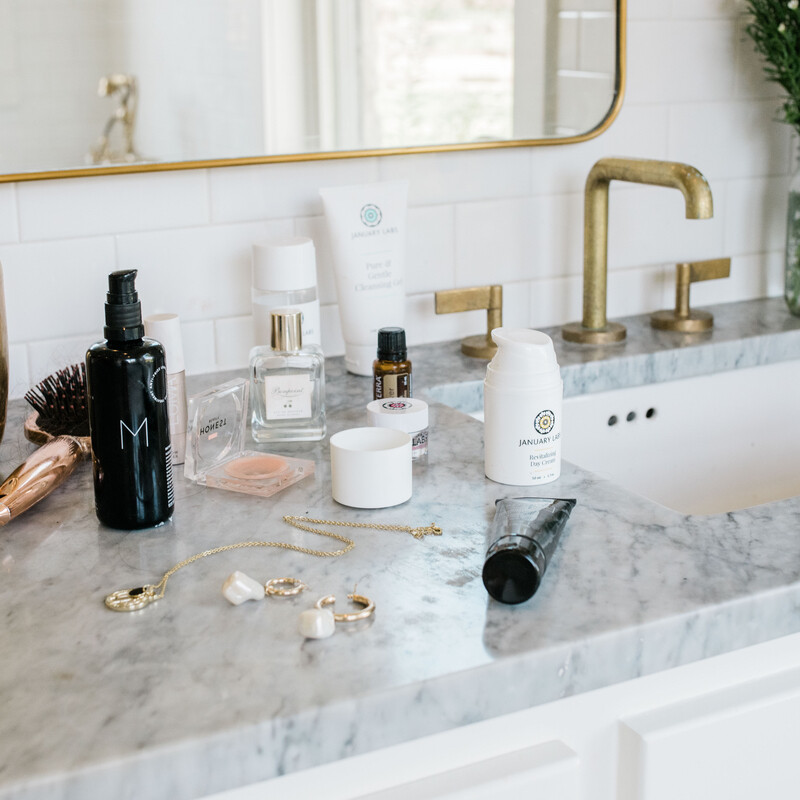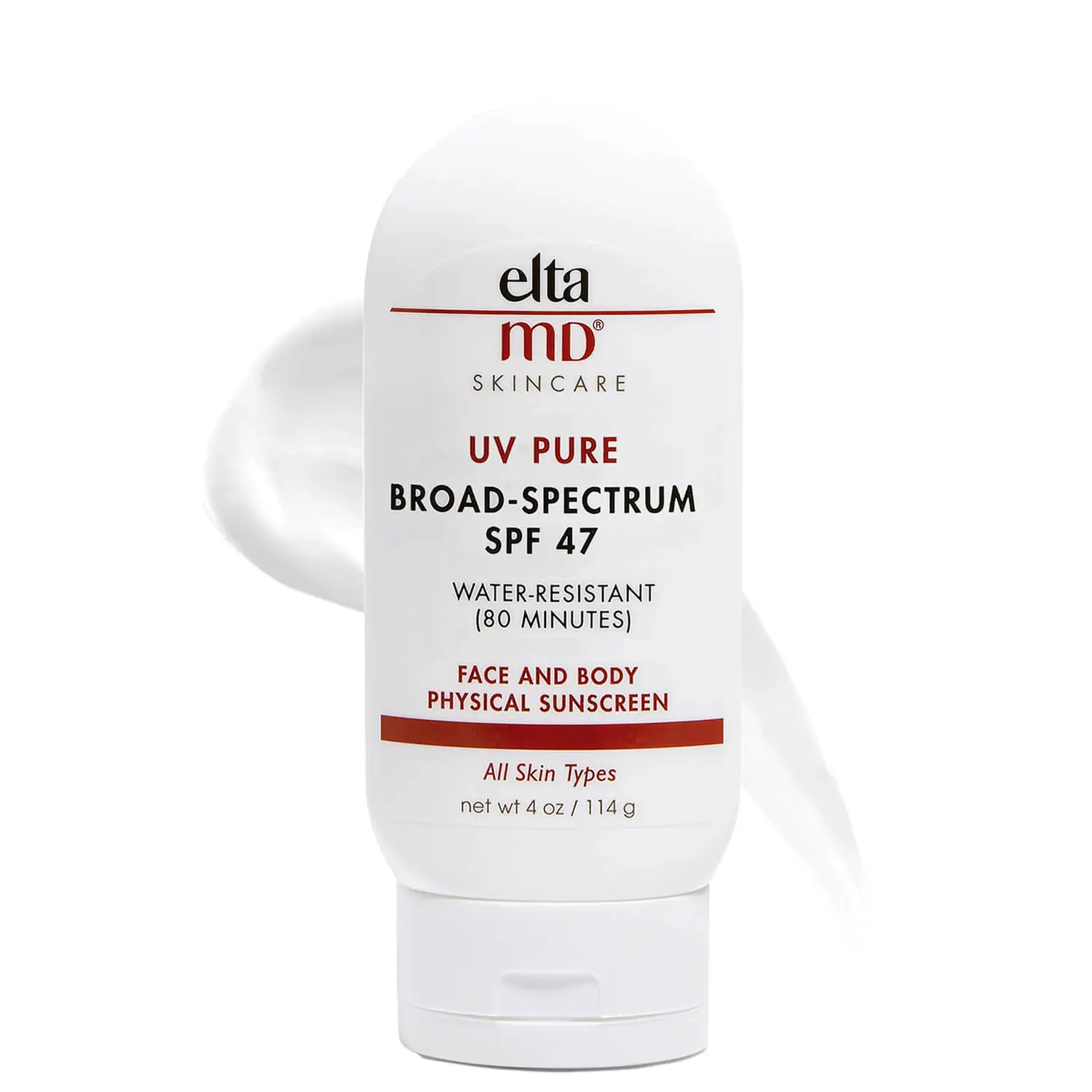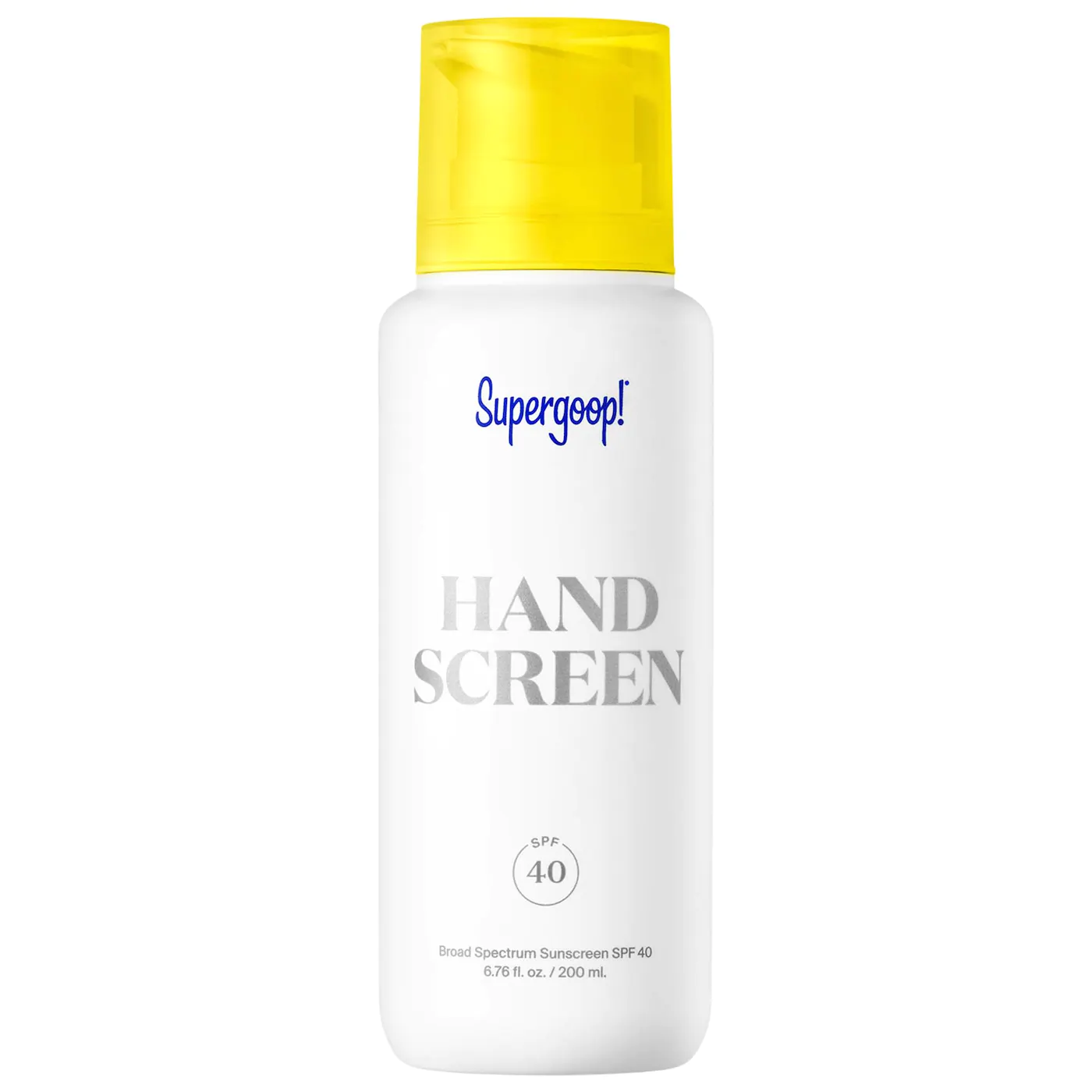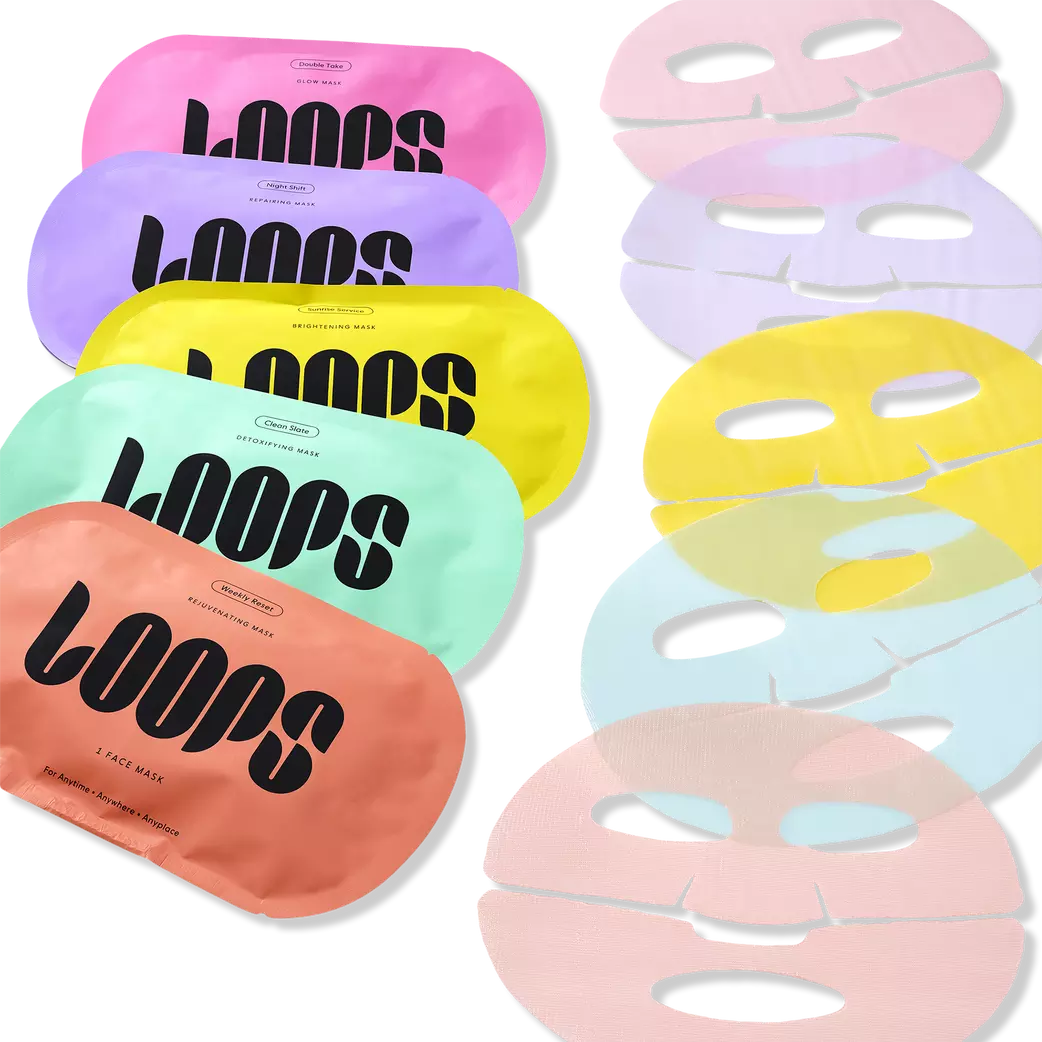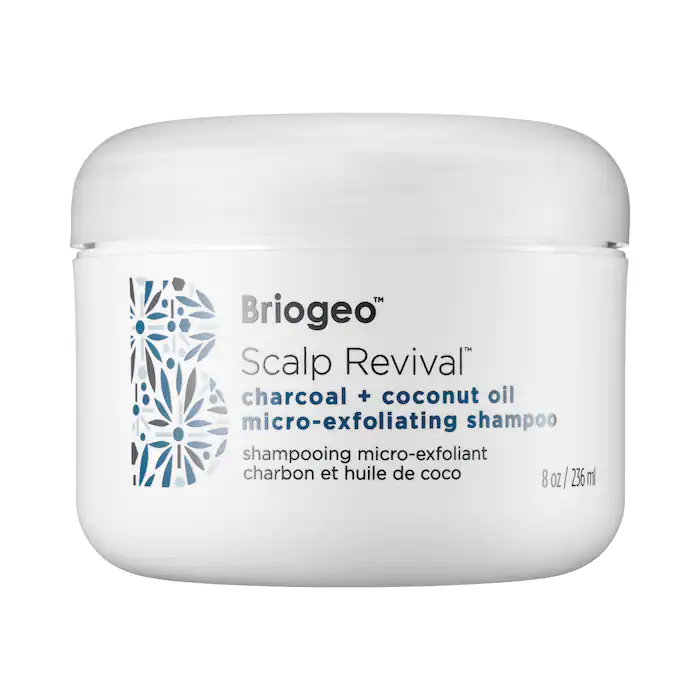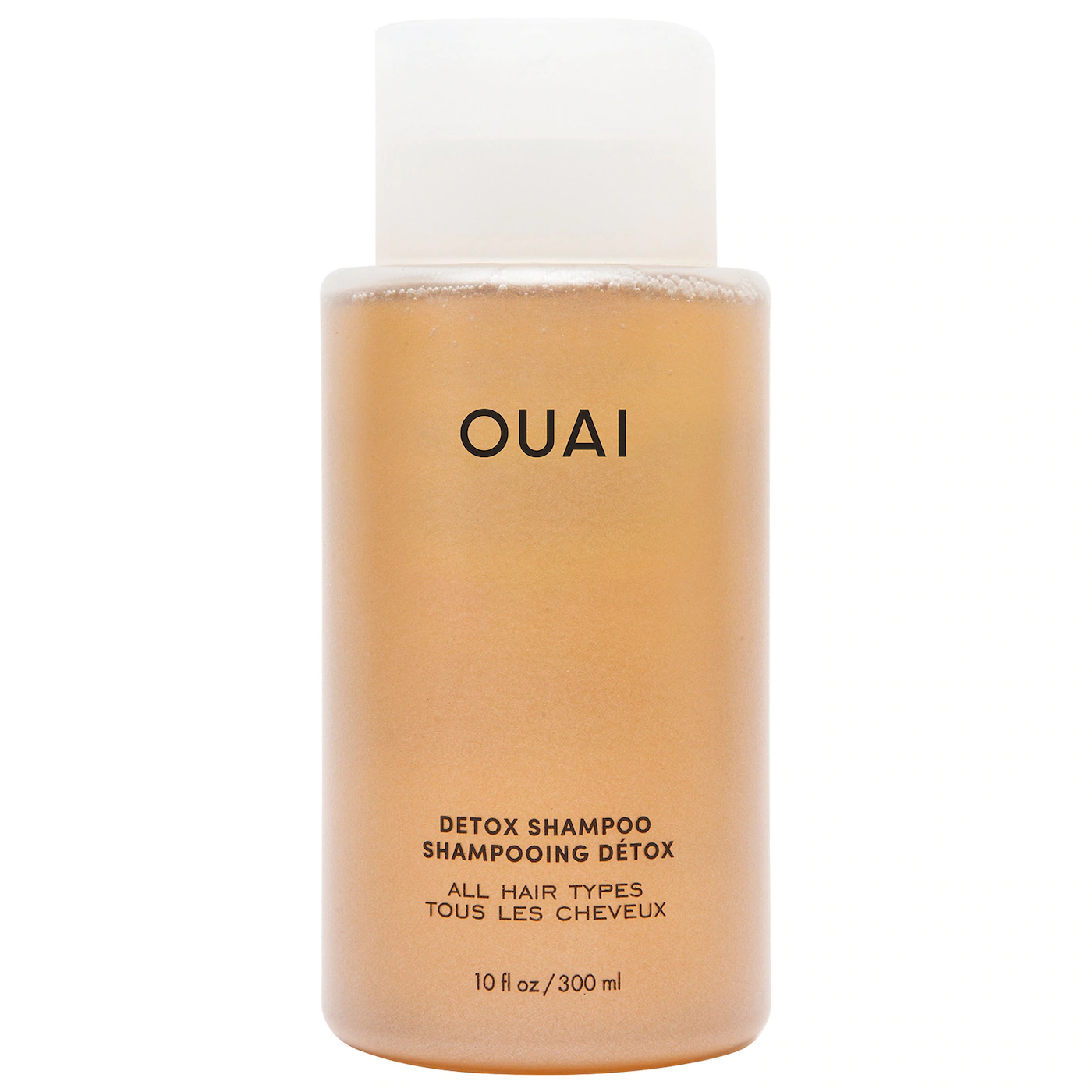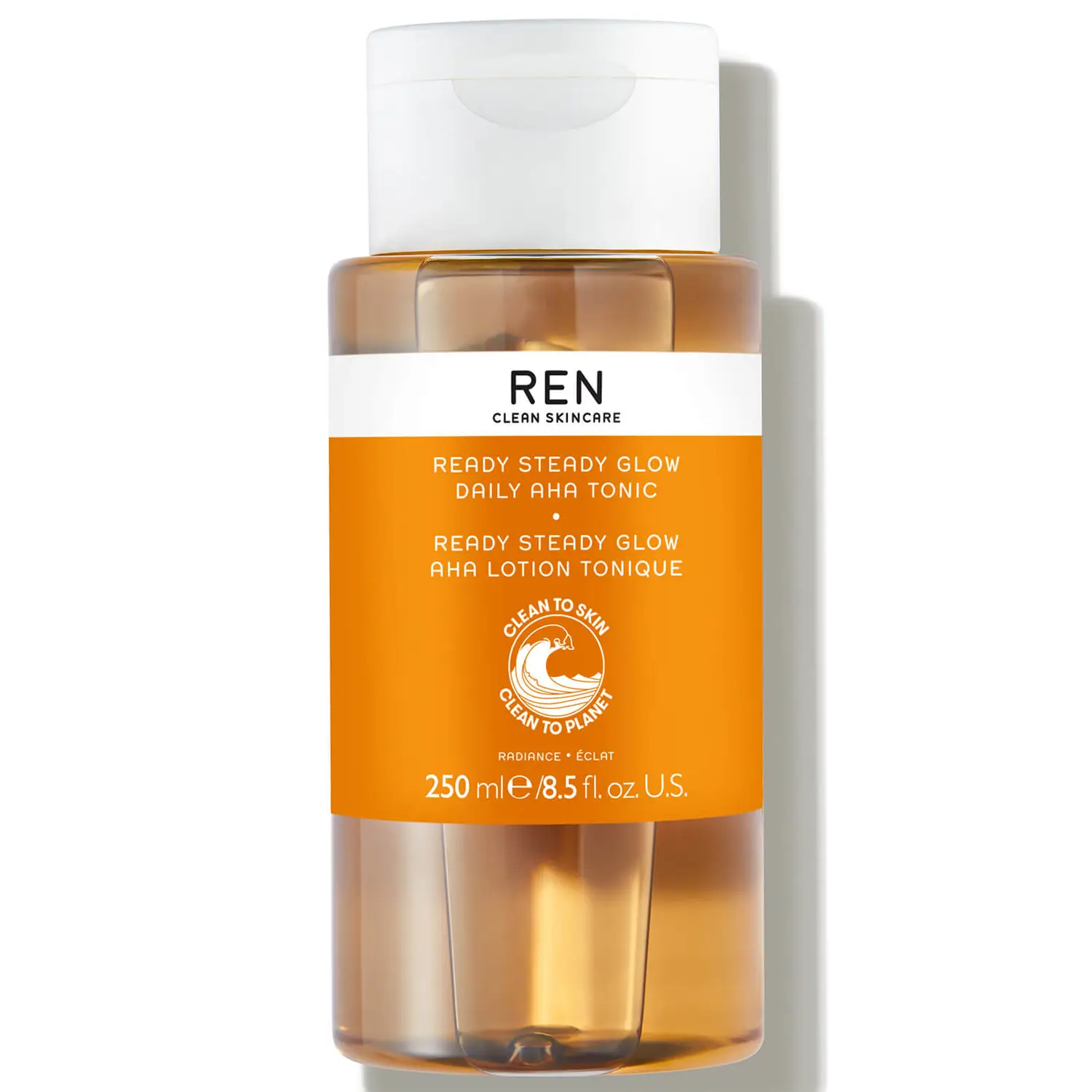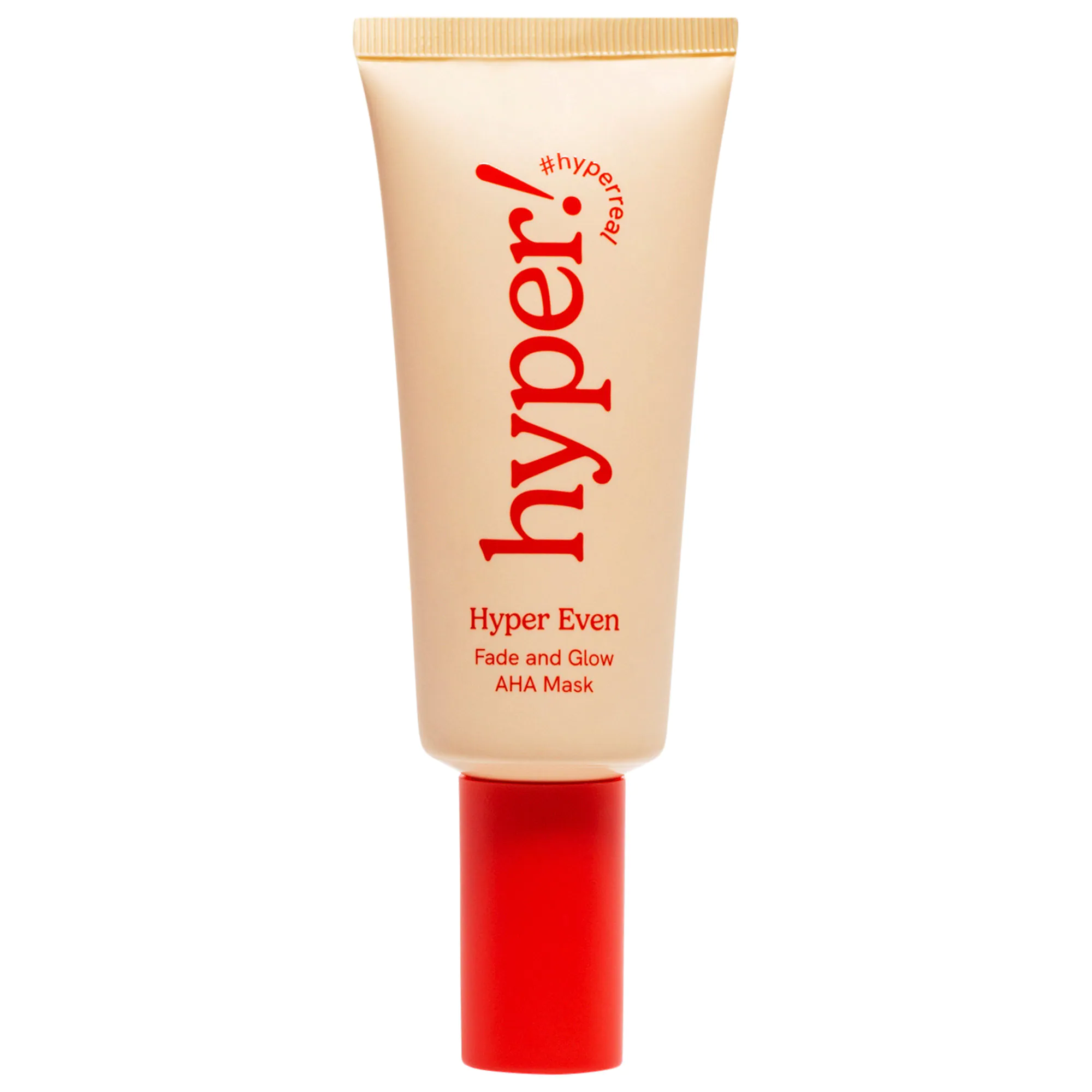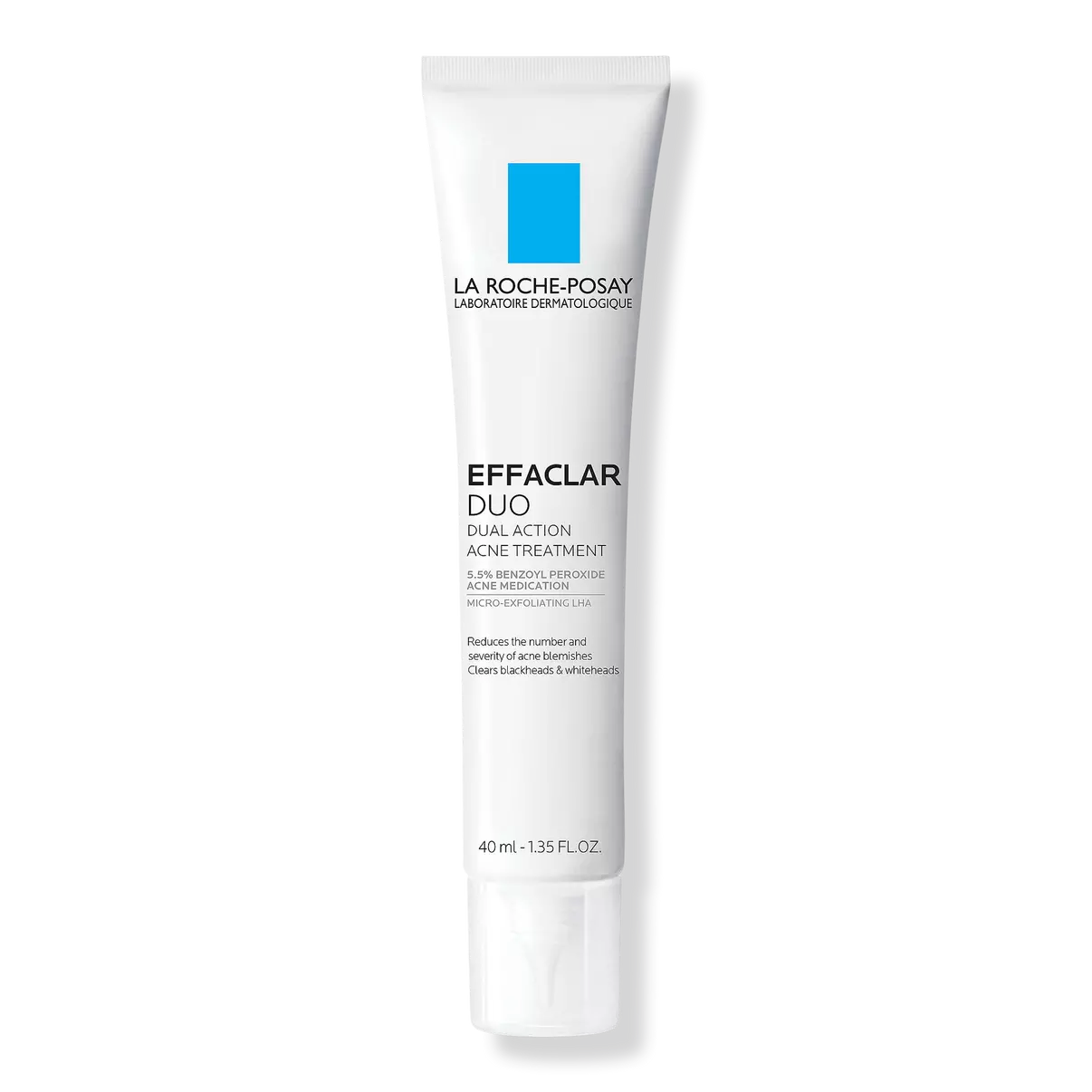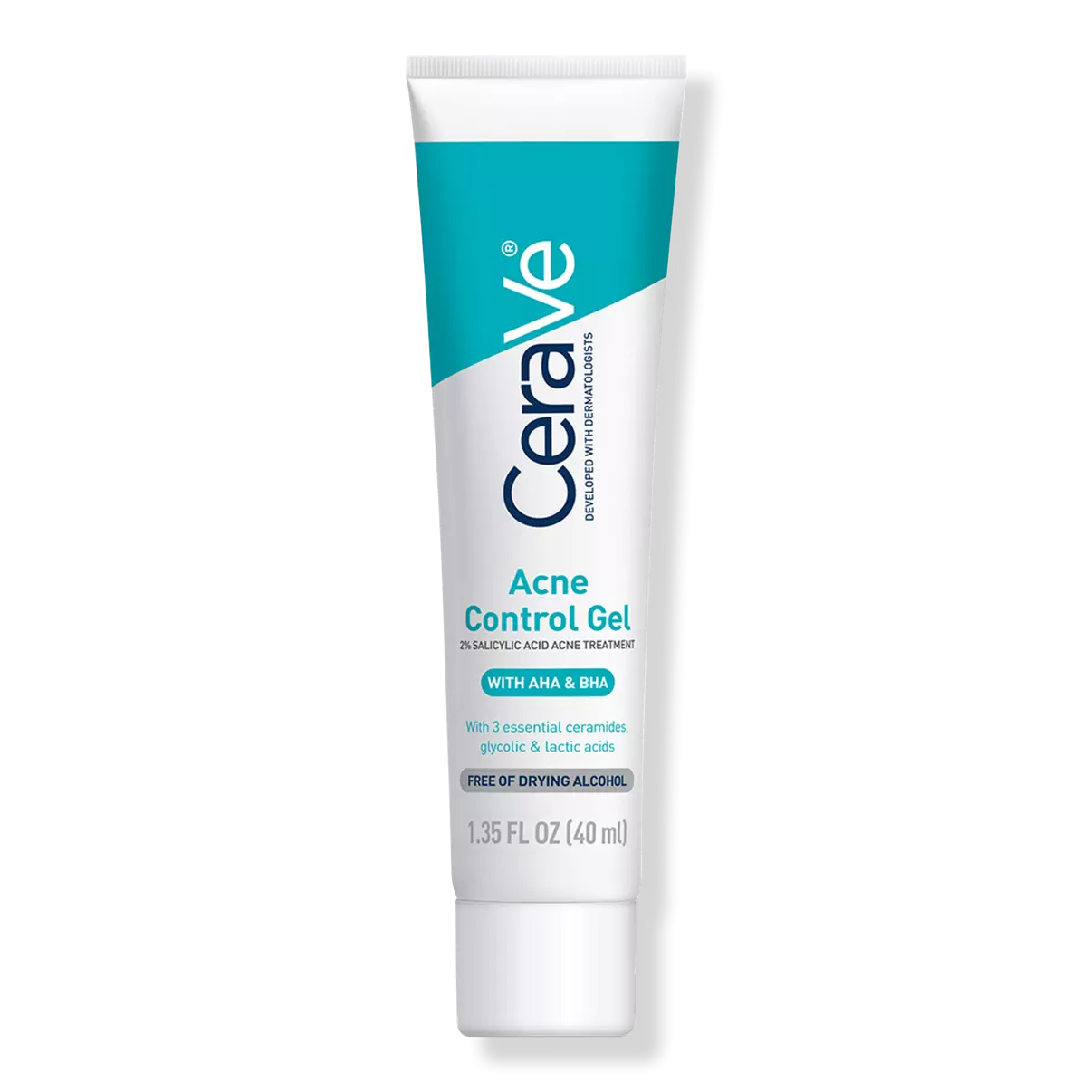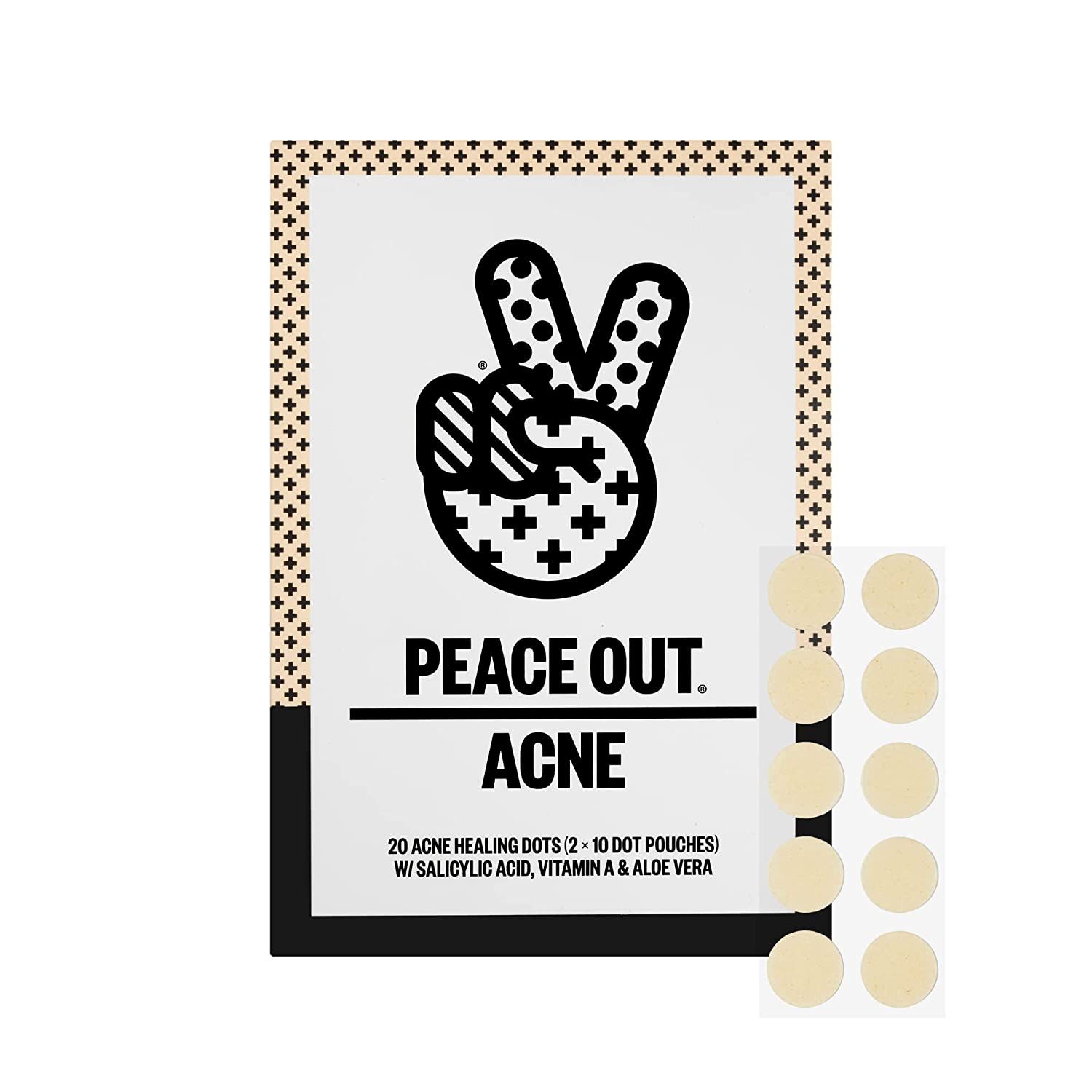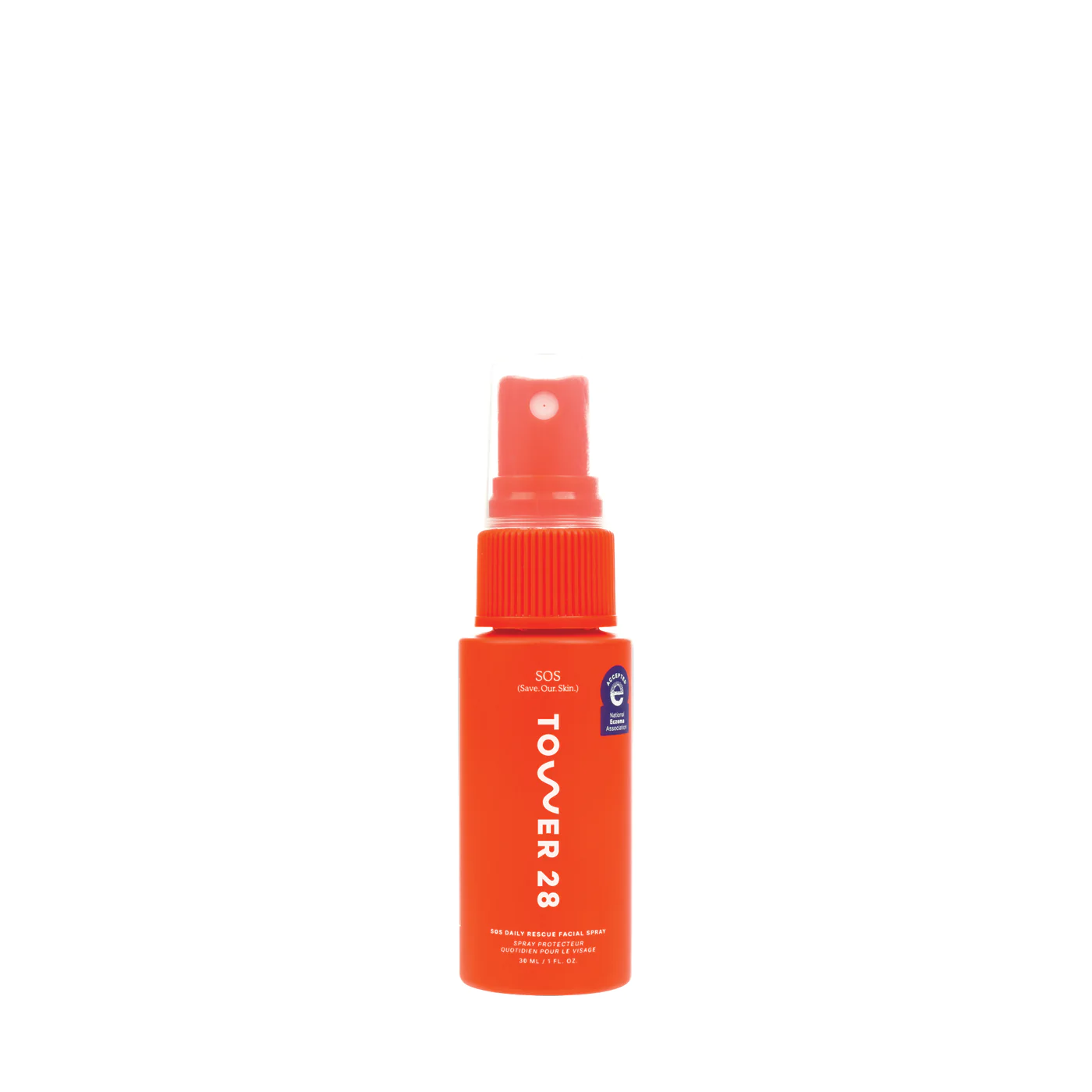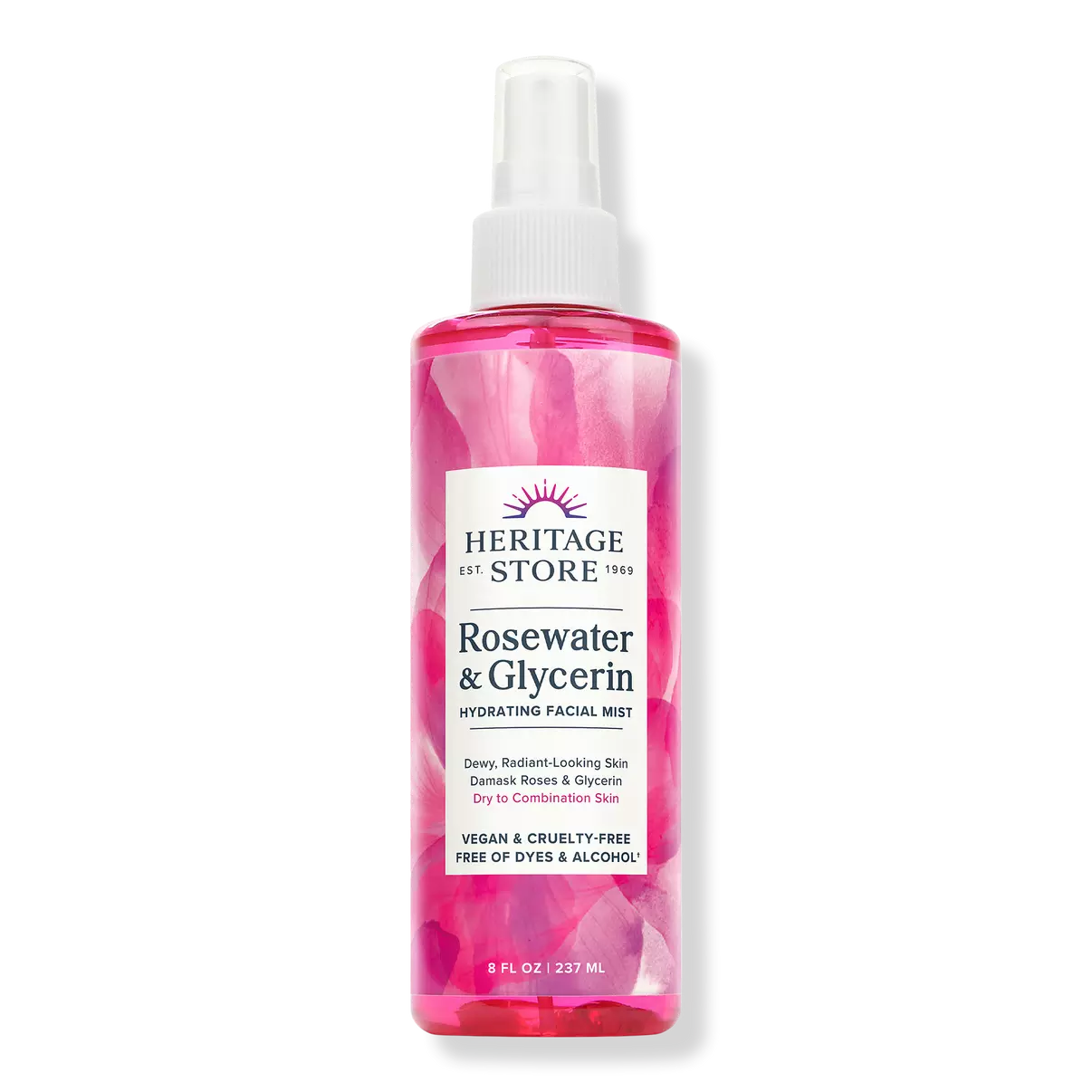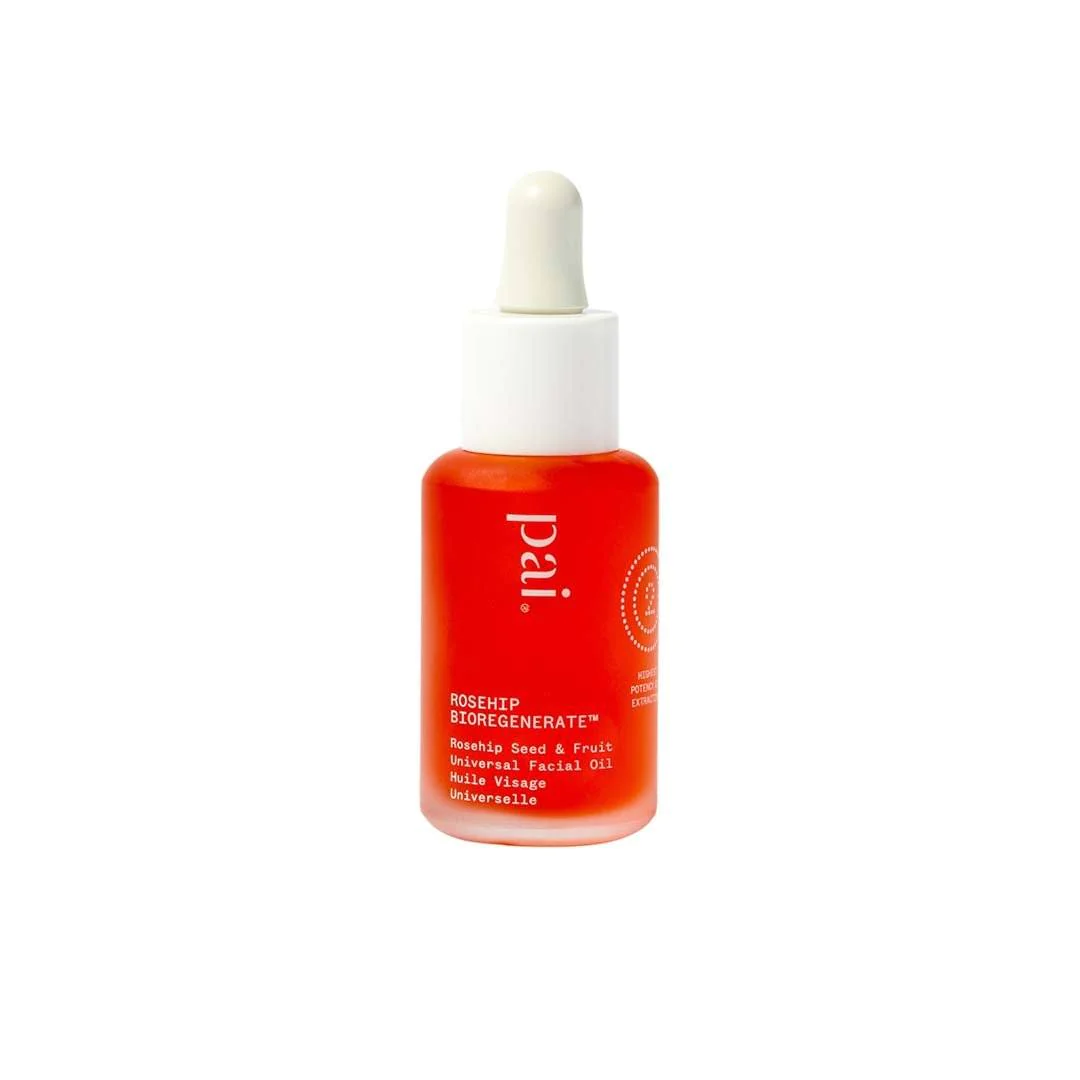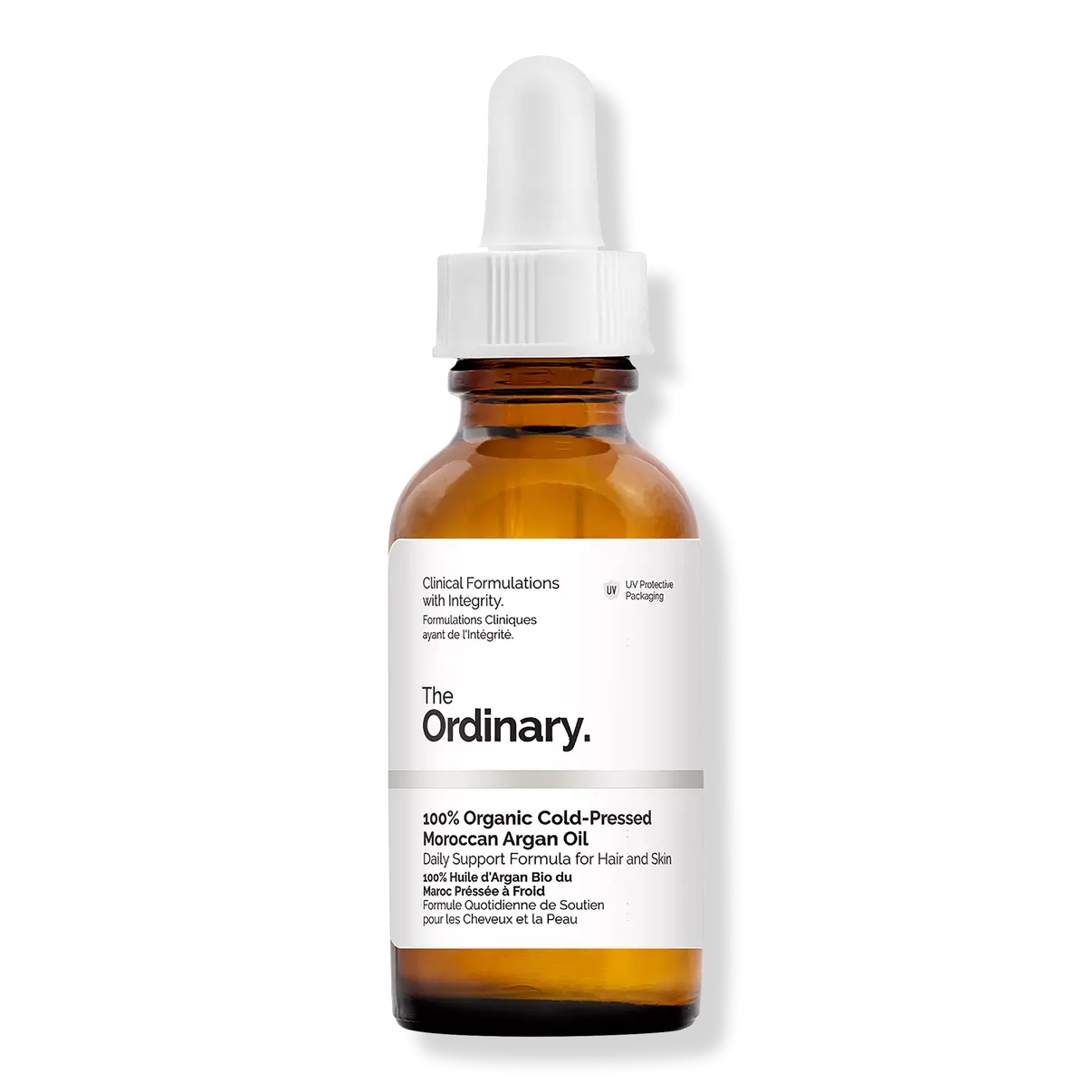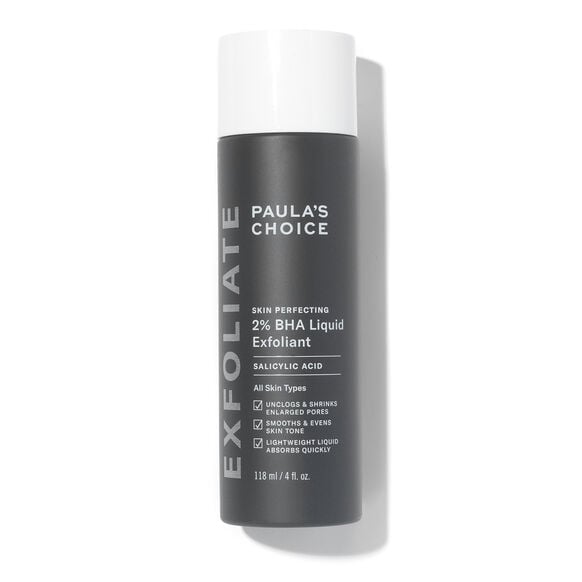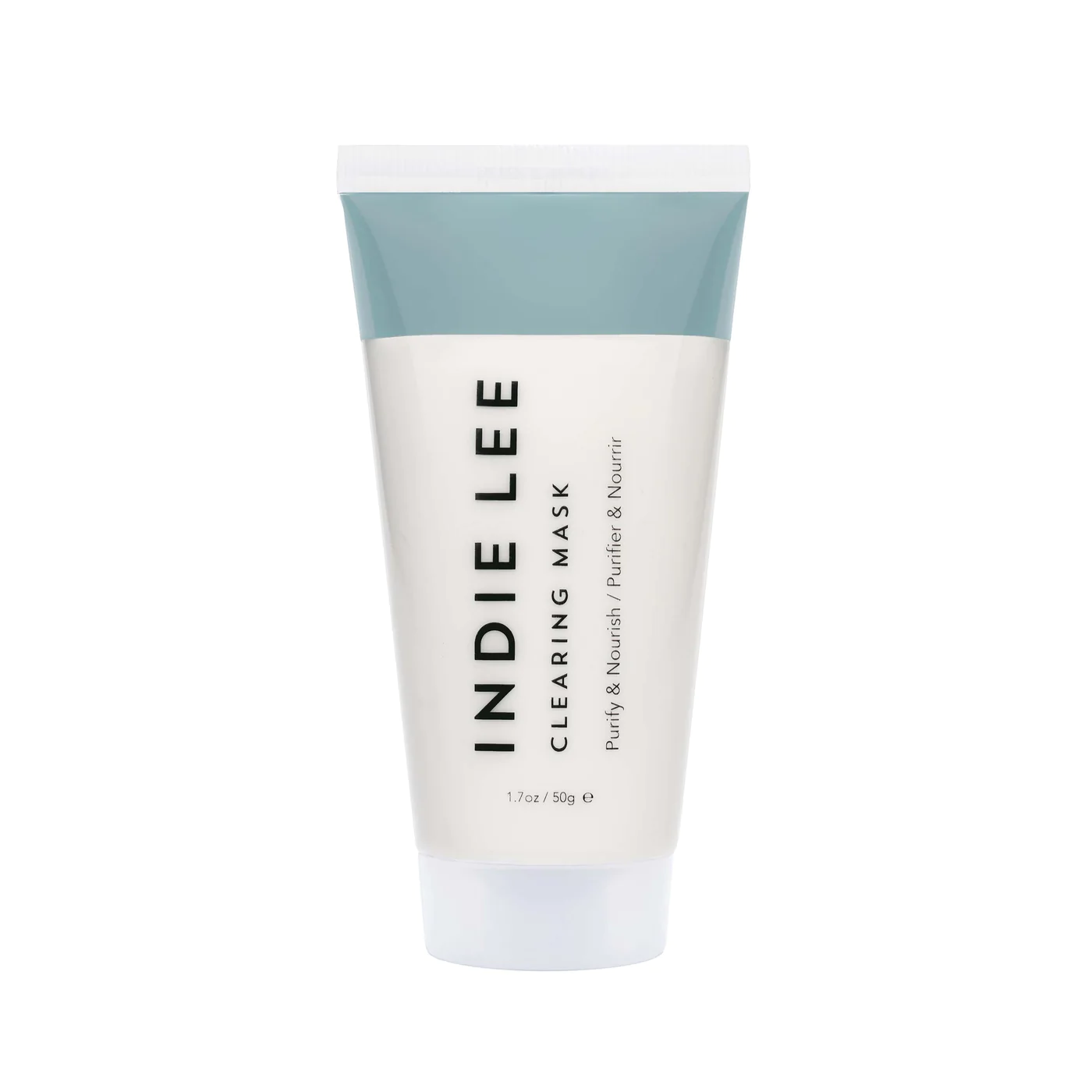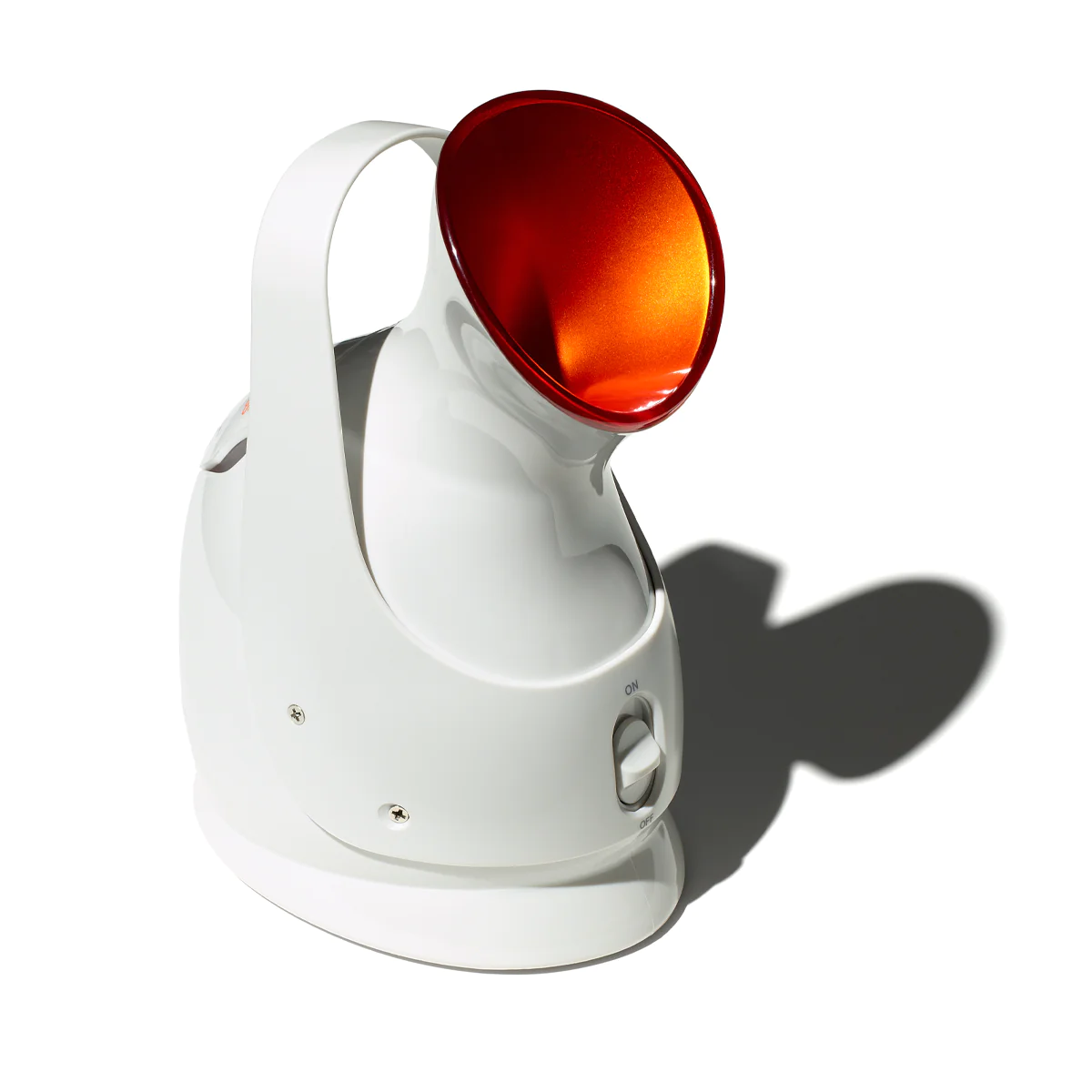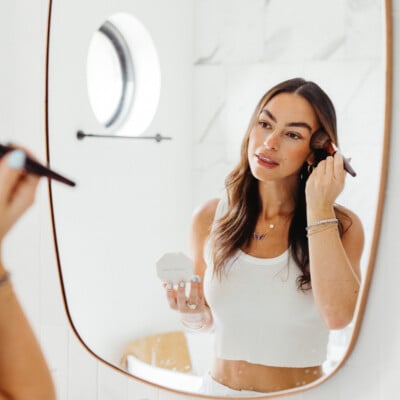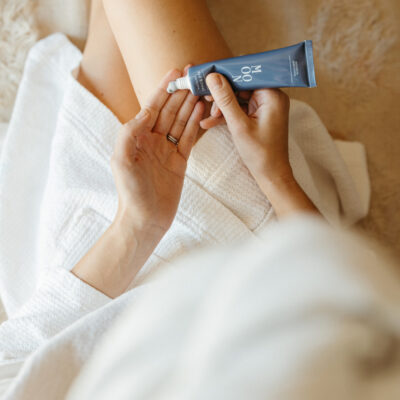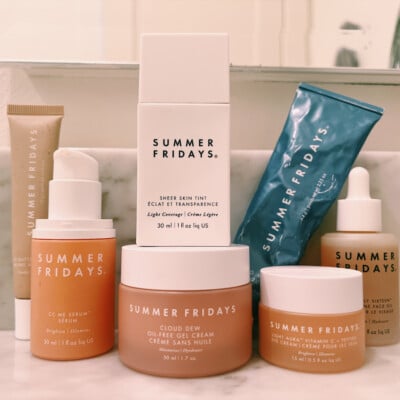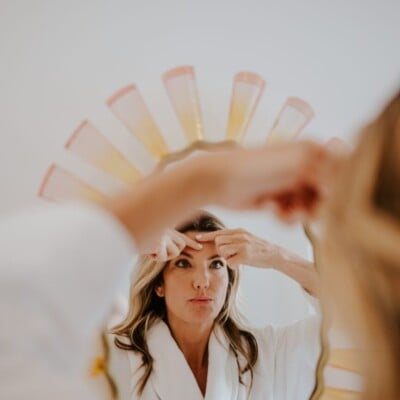We may receive a portion of sales if you purchase a product through a link in this article.
“De-influencing” is the latest buzzword to hit our social feeds. And if you think it sounds straightforward, sorry to disappoint. Despite the name, de-influencing is still just influencing. For a moment, it felt like a refreshing break from the endless stream of ads on social media. Don’t get me wrong, I love getting recommendations from my favorite content creators, but scrolling through a sea of sponsored posts can get a little overwhelming. (Cue the decision fatigue!) De-influencing began as a movement to give an honest, realistic take on the viral products we probably don’t all need. What does all of this have to do with overrated skincare products? Clearly, the topic was on my mind as I sat down to dish on the items your medicine cabinet could do without.
When it comes to my own purchases, I’ve found that the only antidote to social media-based overconsumption is spending in alignment. (And yes, limiting my screen time). I’ve been practicing taking time—and a few deep breaths—before making purchases. That way, I don’t end up adding things to my cart purely out of fear that they’ll sell out before I buy into the next trend.
By slowing down my purchasing process, I’ve begun to realize how much more satisfied I feel with what I decide to buy.
Featured image by Michelle Nash.
- Overrated Skincare Products: Experts Share What to Ditch
- Contouring With Sunscreen
- DIY Facial Masks
- DIY Baking Soda Scalp Scrubs
- Nut-Based Exfoliating Scrubs
- Toothpaste for Spot Treatments
- Products With High Concentrations of Alcohol
- Using Oils That Are Not Suitable for Your Skin Type
- Blackhead Removal Devices and Masks
- At-Home Dermaplaning

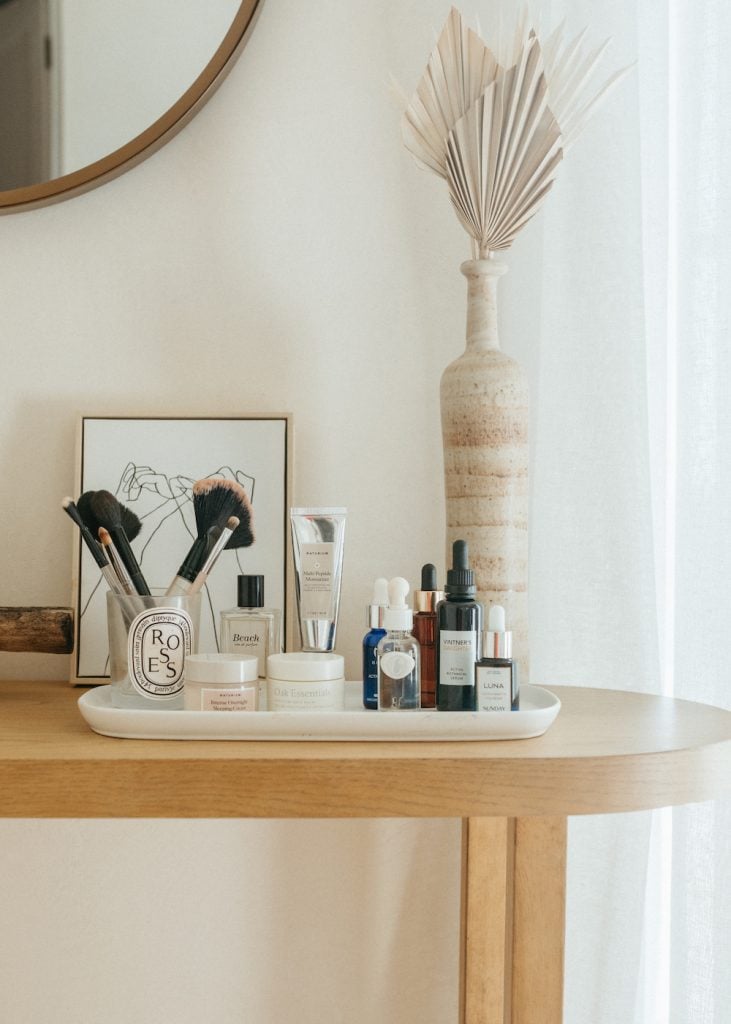
Overrated Skincare Products: Experts Share What to Ditch
I’ve also done a fair amount of reflection and journaling on why I feel the need to buy into the next new trend. And nowhere is the desire to have and try the Next Big Thing more pronounced than it is in the beauty industry. Every new buzzy ingredient and skincare hack promises to transform your skin—and by extension, your life. Sure, these promises can be seductive. But don’t we know by now that the best skincare routine is one that is consistent and personal?
I’ll admit, I have some viral and trendy skincare products on my own top shelf. And I think there’s value in the first-person reviews you find on social media. But some products just aren’t worth the hype. And wouldn’t you like to know that before you hit the “buy now” button? Especially when some skincare trends can actually do damage to your skin?
“A lot of times, skincare trends go viral because they’re effective. Sometimes it’s because they’re sensational or shocking (using nail files to shape your teeth anyone?),” says Dr. Heather Smith. a dual-certified physician in Critical Care Medicine and Internal Medicine and the founder of bareLUXE Skincare. “There can be a real risk of harm to your health if you follow some trends that are just downright unsafe.”
So, in an attempt to further “de-influence” myself from trends that could be sneakily sabotaging my skin, I asked experts, founders, and dermatologists about the most overrated skincare products. Read on to discover what they said, and how to get those viral results without damaging your skin.
The Experts:
- Dr. Heather Smith, dual-certified physician and founder of bareLUXE Skincare
- Dr. Harikiran Chekuri, MBBS, MS, certified skin specialist, cosmetic surgeon, and medical head of ClinicSpots
- Dr. Michael May, Medical Director at Wimpole Clinic
- Marie Littlewood, Director at NSI
- Sharon Reed, Founder and Editor of Lushful Glow
- Valerie Aparovich, certified cosmetologist and aesthetician, and Science Team Lead at OnSkin
- Natalia Grajcar, co-founder of Natu.Care
- Mileya Slough, Lead Esthetician at Hi, skin

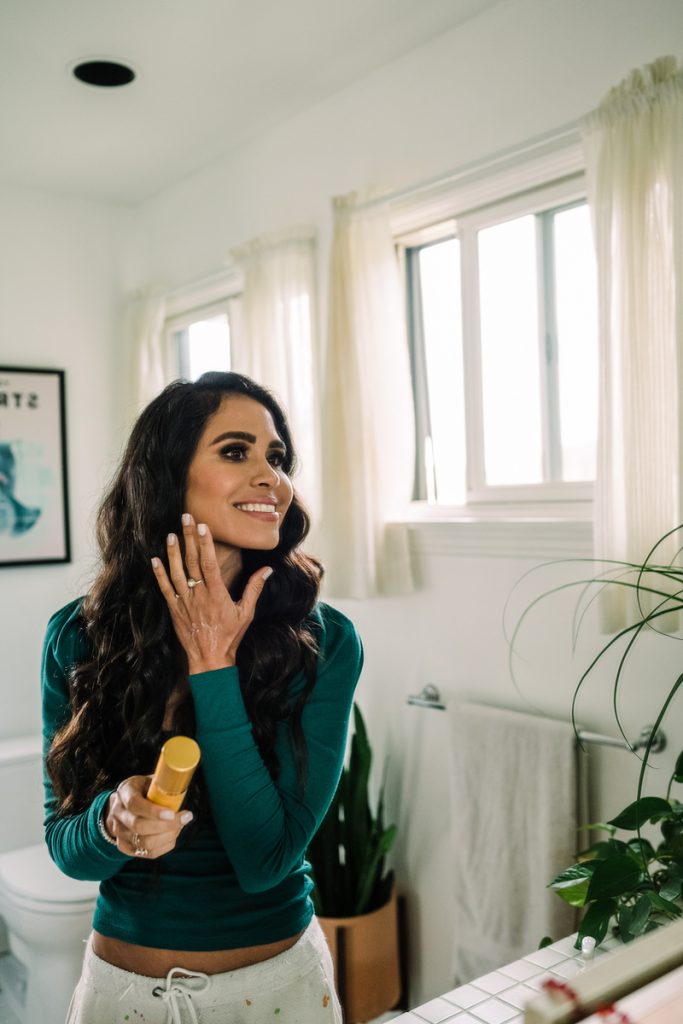
Contouring With Sunscreen
The act of choosing areas of your face to not protect from UV rays is just backward thinking. The look you’re going for can easily be achieved using bronzer or sunless tanner. By selectively applying sunscreen, all you’re doing is choosing which areas of your face you want to age faster and be at higher risk of future malignancy. Not cool. — Dr. Heather Smith
What to Try Instead:
EltaMD UV Pure Broad-Spectrum SPF 47

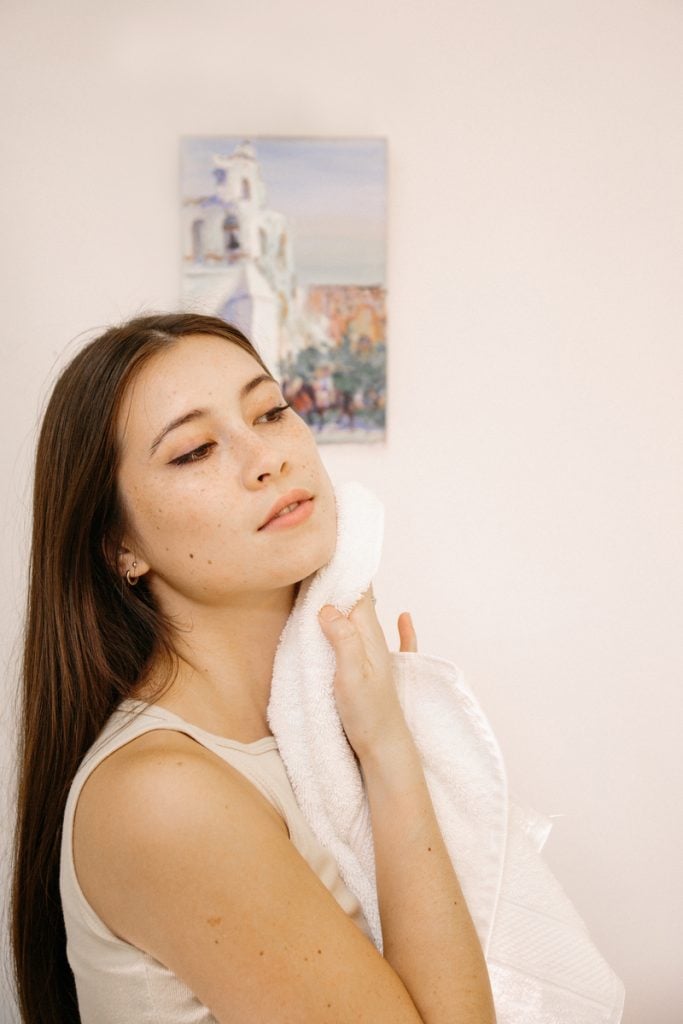
DIY Facial Masks
DIY facial masks are becoming increasingly popular, but they may not always be the best way to care for one’s skin. Many homemade facial masks contain ingredients such as lemon juice, baking soda, and vinegar that can irritate the skin if used too frequently or without proper dilution. Additionally, these substances can strip away natural oils from the skin, leading to dryness and irritation. — Dr. Harikiran Chekuri
What to Try Instead:
KORRES Greek Yoghurt Probiotic Superdose Face Mask

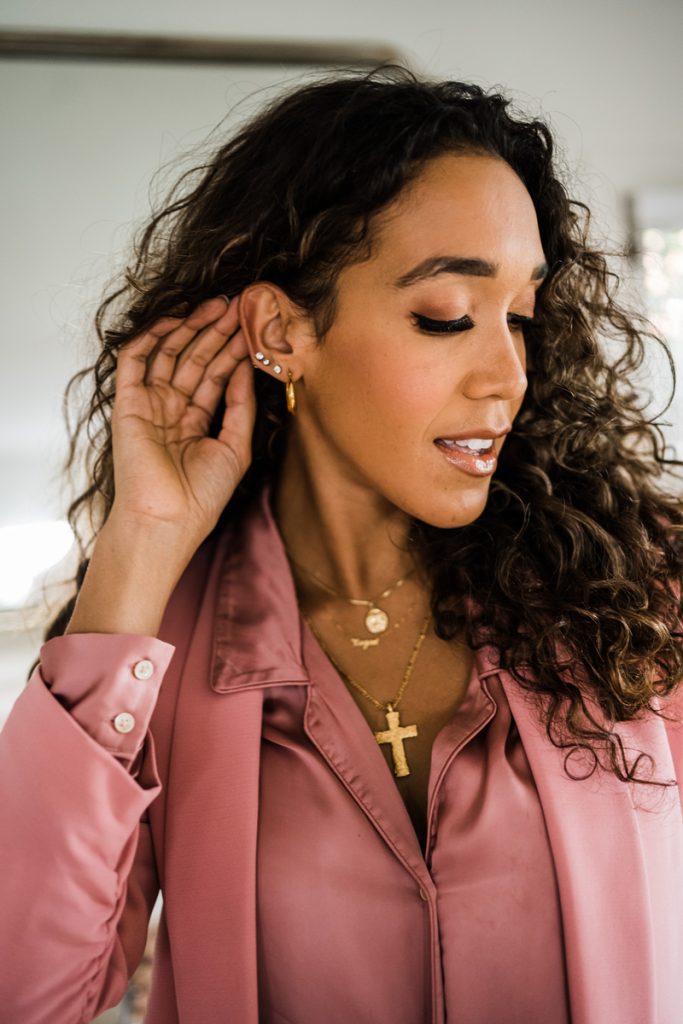
DIY Baking Soda Scalp Scrubs
Using DIY baking soda scalp scrubs can be harmful to the scalp. Though baking soda can be a remedy for various skin and scalp issues, it can be damaging with constant usage. Baking soda has a high pH level. It can disrupt the natural pH of the scalp. It can also strip away natural oils. In response, the scalp will overproduce oil, resulting in greasiness. In worse cases, baking soda can cause micro-tears on the scalp. These micro-tears will irritate and inflame the skin. The prolonged use of baking soda as a scalp scrub can cause irritation and worse, chemical burns. — Dr. Michael May
What to Try Instead:
Briogeo Scalp Revival Charcoal + Coconut Oil Micro-exfoliating Scalp Scrub Shampoo
Scalp Revival Charcoal + Coconut Oil Micro-exfoliating Scalp Scrub Shampoo, $42

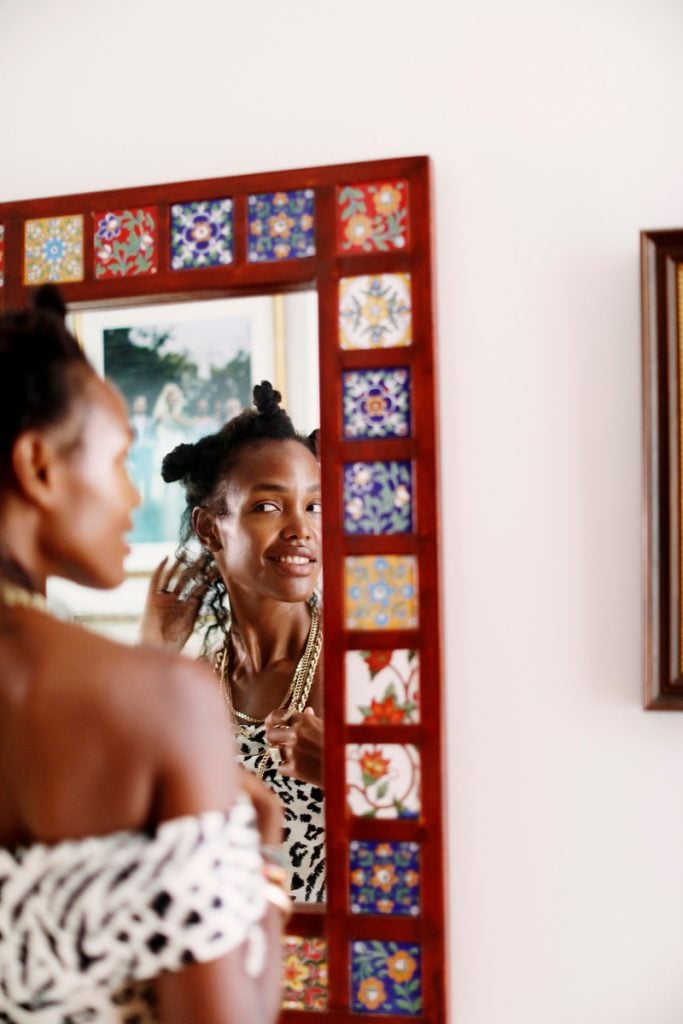
Nut-Based Exfoliating Scrubs
Nut-based exfoliating scrubs do appear to be an excellent, all-natural substitute for abrasive chemical exfoliants. Yet, the truth is that the coarse nut fragments—like walnut shells, for example—do more harm to your face than good. Your skin may become irritated and break out as a result of the jagged edges’ little scrapes. Use gentle exfoliants like glycolic acid or microfiber cloths instead. — Marie Littlewood
What to Try Instead:
REN Clean Skincare Ready Steady Glow Daily AHA Tonic
Hyper Skin Fade and Glow AHA Mask


Toothpaste for Spot Treatments
The common drying components like baking soda, hydrogen peroxide, and alcohol that may be found in many tubes of toothpaste are to blame for the myth that toothpaste is a quick and effective treatment to decrease spots overnight. While these substances can be the key to getting pearly whites, the formulations are frequently excessively potent and can make dry skin disorders like eczema and dermatitis worse. Spot treatments with salicylic acid or benzyl peroxide will produce better results without endangering the skin. — Marie Littlewood
What to Try Instead:
La Roche-Posay Effaclar Duo Dual Acne Treatment with Benzoyl Peroxide
Effaclar Duo Dual Acne Treatment with Benzoyl Peroxide, $36.99
CeraVe Salicylic Acid Acne Control Gel

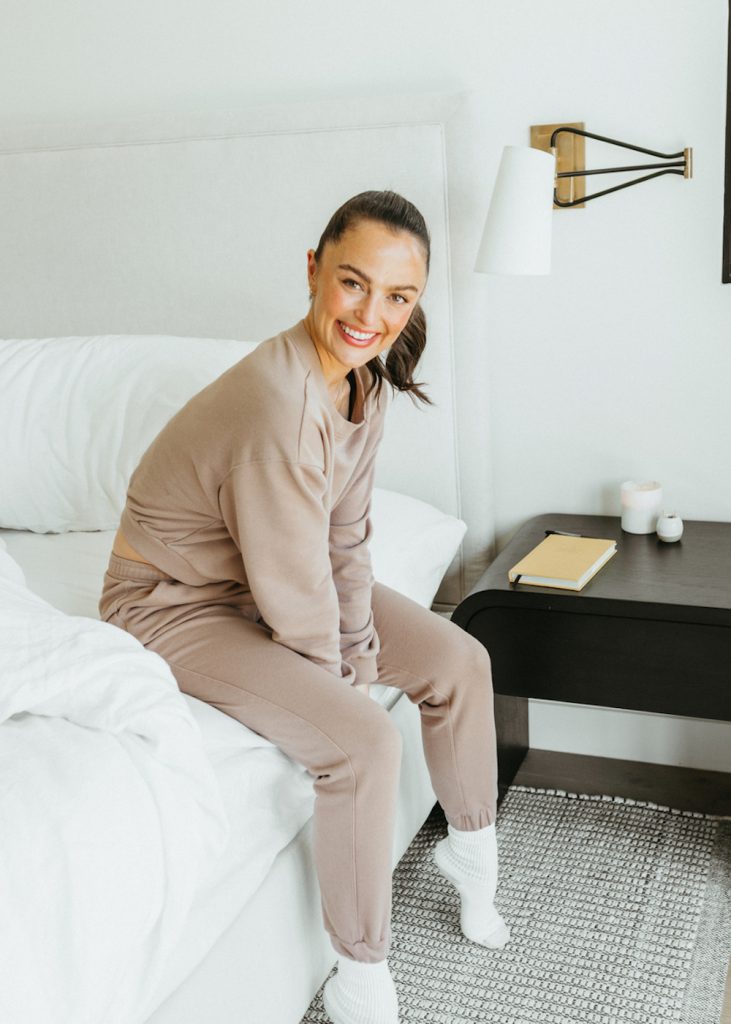
Products With High Concentrations of Alcohol
Alcohol can be drying and irritating to the skin, leading to dehydration and premature aging. Look for products that are alcohol-free or have a low concentration of alcohol. — Sharon Reed
What to Try Instead:
Tower28 SOS Daily Rescue Facial Spray
Heritage Store Rosewater u0026 Glycerin Hydrating Mist

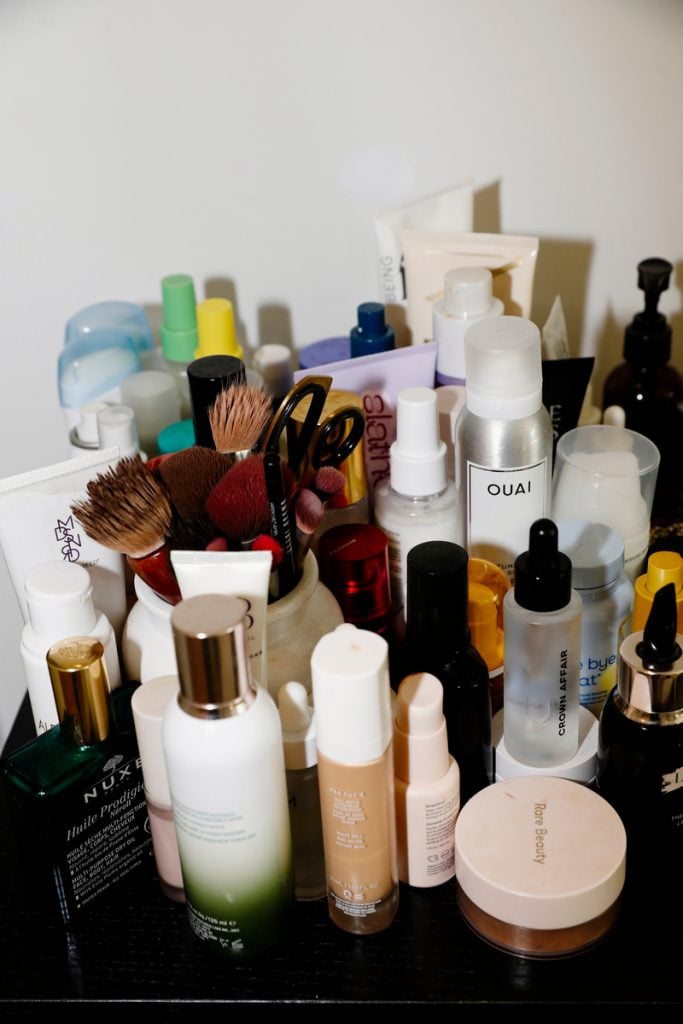
Using Oils That Are Not Suitable for Your Skin Type
Natural oils are commonly used (and keep gaining popularity) in skincare as they contain many healthful substances that are shown to nourish the skin. With regular use, it will appear softer and more hydrated. Oils can be applied in their pure form or delivered with creams, serums, and masks enriched with oily compounds.
In both cases, it’s important to remember that several oils are shown to be comedogenic. It means they can clog pores and cause breakouts. So, choosing the option that suits your skin type is crucial to prevent unwanted consequences. Oily and combination skin types are especially susceptible to this as they are naturally more acne-prone.
Highly comedogenic oils you should avoid applying on your face are cacao, palm, coconut, and wheat germ oil. Moderately comedogenic oils (meaning they can act differently and need to be tried with caution to see if they work for your individual skin condition) are corn, almond, macadamia, olive, soybean, apricot, grape seed, avocado, and jojoba oil. Non-comedogenic oils that are safe for all skin types are shea butter, argan, and rosehip oil. — Valerie Aparovich
What to Try Instead:
Pai Rosehip BioRegenerate Universal Face Oil
The Ordinary 100% Organic Cold-Pressed Moroccan Argan Oil


Blackhead Removal Devices and Masks
Something that rose to popularity not too long ago were the blackhead masks, which, when dry, would be peeled off your skin alongside the blackheads from your pores. That is not entirely true, in fact, these face masks can cause more damage than you think. Because of how difficult and sometimes even painful peeling these off is, they can cause your skin to lose elasticity and even harm your skin barrier.
Another recent trend is the devices that claim to “suck” on your skin to clean your pores. While this may work, the force of these can also damage the elasticity of your skin. All in all, try to stay away from products that claim to pull out your blackheads. It’s best to see a professional. — Natalia Grajcar
What to Try Instead:
Paula’s Choice Skin Perfecting 2% BHA Liquid Exfoliant


At-Home Dermaplaning
One popular skincare trend is dermaplaning at home. Oftentimes, individuals think that they can perform this treatment from their home just as they would receive this service at a skincare studio. However, in most cases, individuals have not done extensive research about the proper tools (i.e., drugstore face razors), techniques, precautions, and products required to perform this treatment, which can damage the skin.
Dermaplaning is a skincare procedure that involves using a sterile surgical scalpel to gently scrape off the top layer of dead skin cells and vellus hairs (known as peach fuzz) from the surface of the skin. It can help improve the appearance of the skin by reducing fine lines, wrinkles, and dullness. It is a delicate and potentially risky procedure, especially for those who are not trained or experienced in doing it. Some of the risks associated with at-home dermaplaning include skin irritation, cuts, infection, scarring, and even accidental injury.
There are several alternatives to dermaplaning that can be done at home to help improve your overall skin appearance:
- Exfoliating. Regular exfoliation can help remove dead skin cells and impurities, revealing smoother and brighter skin.
- Facial steaming. Steaming your face can help open up pores, soften skin, and promote circulation.
- Masks. Exfoliating or hydrating masks are a quick, safe, and easy way to give your skin a boost of hydration and nourishment. — Mileya Slough
What to Try Instead:
Dr. Dennis Gross Pro Facial Steamer

